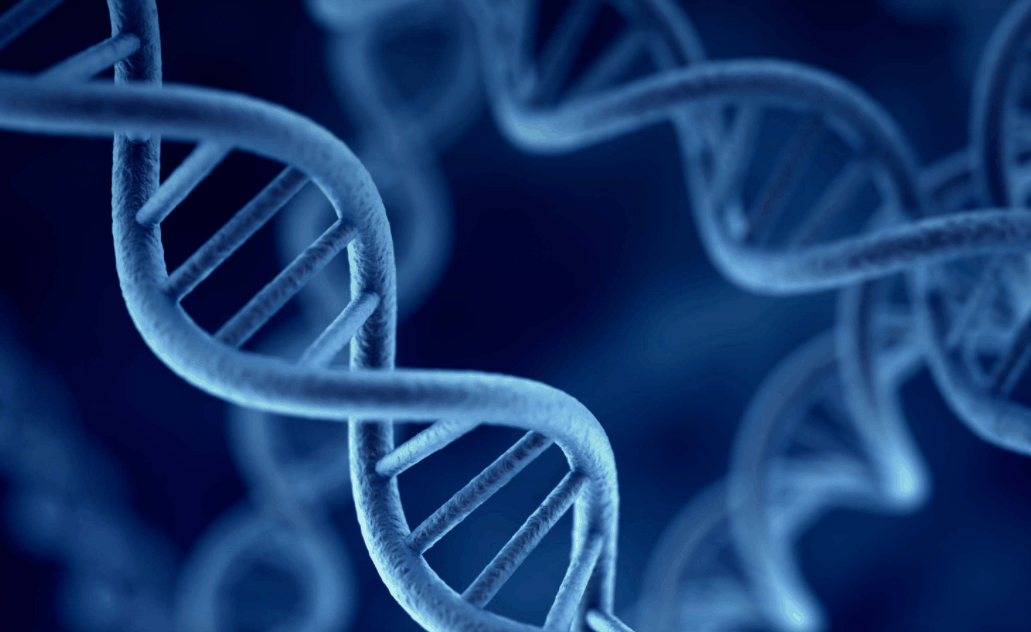Discoveries in the realm of genetics and prostate cancer have been brisk as of late, and among the latest findings are two inherited genetic variants that can increase a man’s risk of developing prostate cancer by threefold or fourfold. The findings appeared in the online April 9 Proceedings of the National Academy of Sciences.
Among previous studies, scientists have discovered genetic markers linked to aggressive prostate cancer, and researchers at the University of Michigan Comprehensive Cancer Center even identified a prostate cancer gene called SPINK1 that occurs in aggressive forms of prostate cancer. This latest discovery adds to the growing knowledge about genetics and prostate cancer risk.
More than 1,900 blood samples from men with prostate cancer and healthy controls were examined for the study, and the scientists discovered two different genetic variants or deletions in men who had aggressive prostate cancer.
One affects the functioning of a known gene, and the other appears to regulate a cascade of genes. The second gene variant was found in what is known as a “non-coding” area, which means the gene does not make proteins, and this information is significant. Why?
According to Dr. Mark A. Rubin, the Homer T. Hirst Professor of Oncology in Pathology at Weill Cornell Medical College and one of the researchers, “We used to think that only genes that made proteins were responsible for disease, but this study shows us that there is inherited information in the non-coding areas of the genome that appears to play a strong role in development of cancer.”
Read more in our Prostate Cancer Health Center.
Reference
B. D. Pfeiffer BD et al. Using translational enhances to increase transgene expression in Drosophila. Proceedings of the National Academy of Sciences 2012; 109(17): 6626-31







